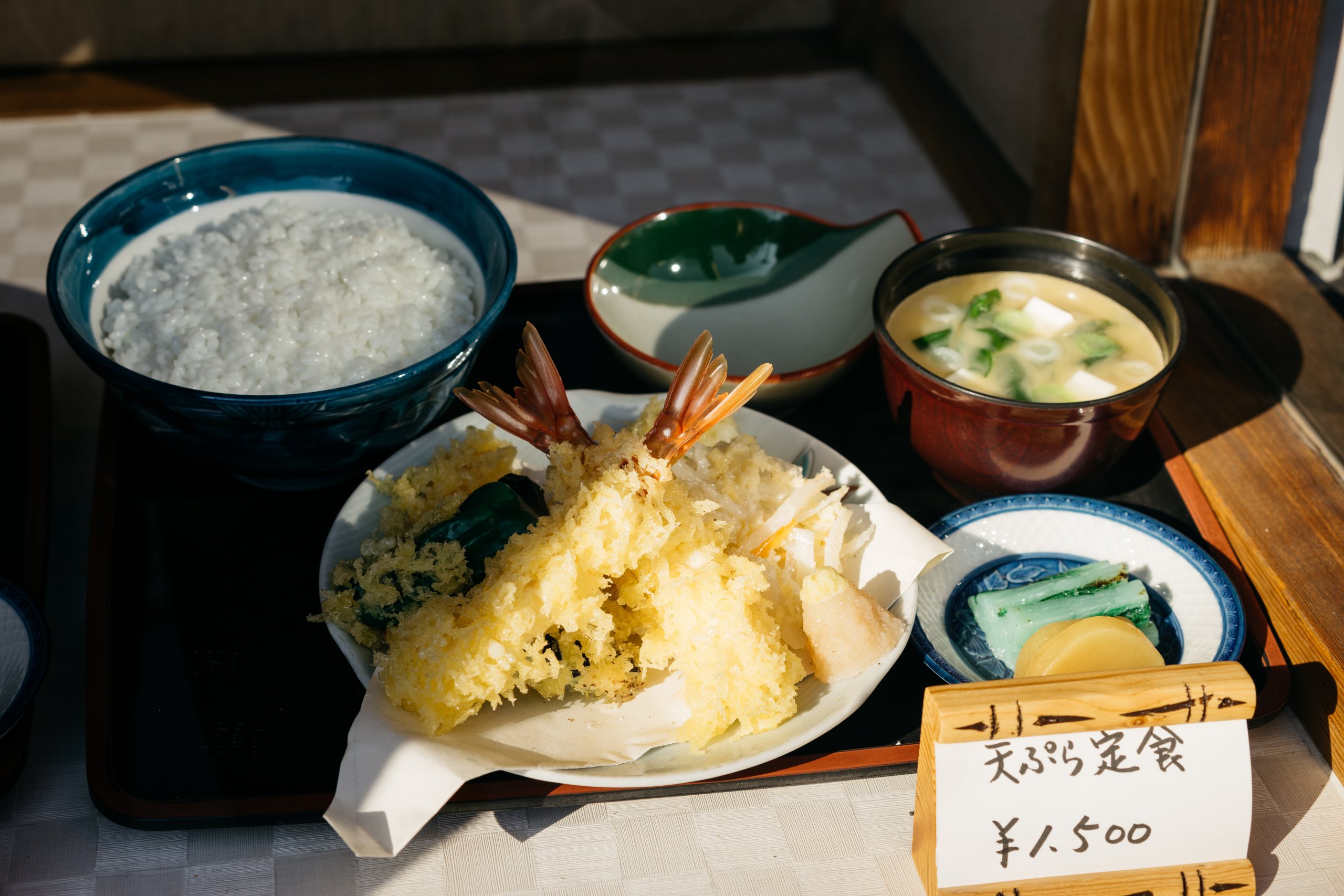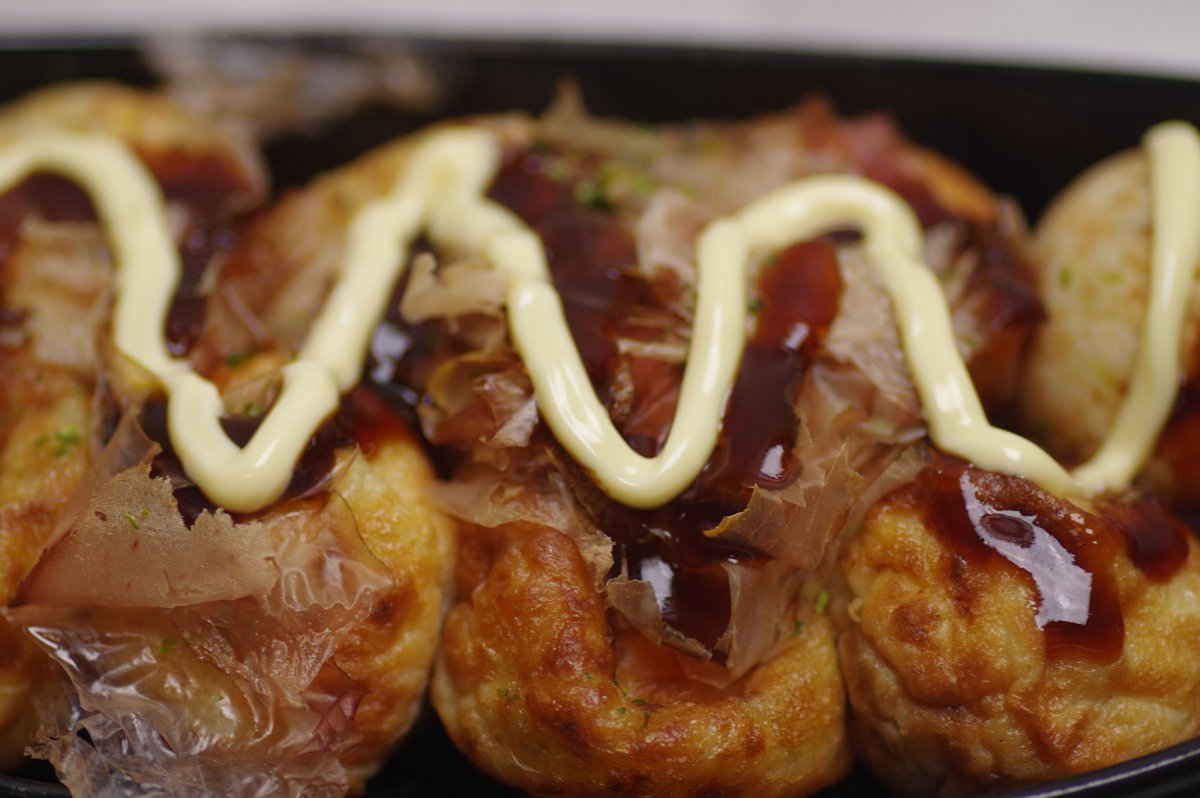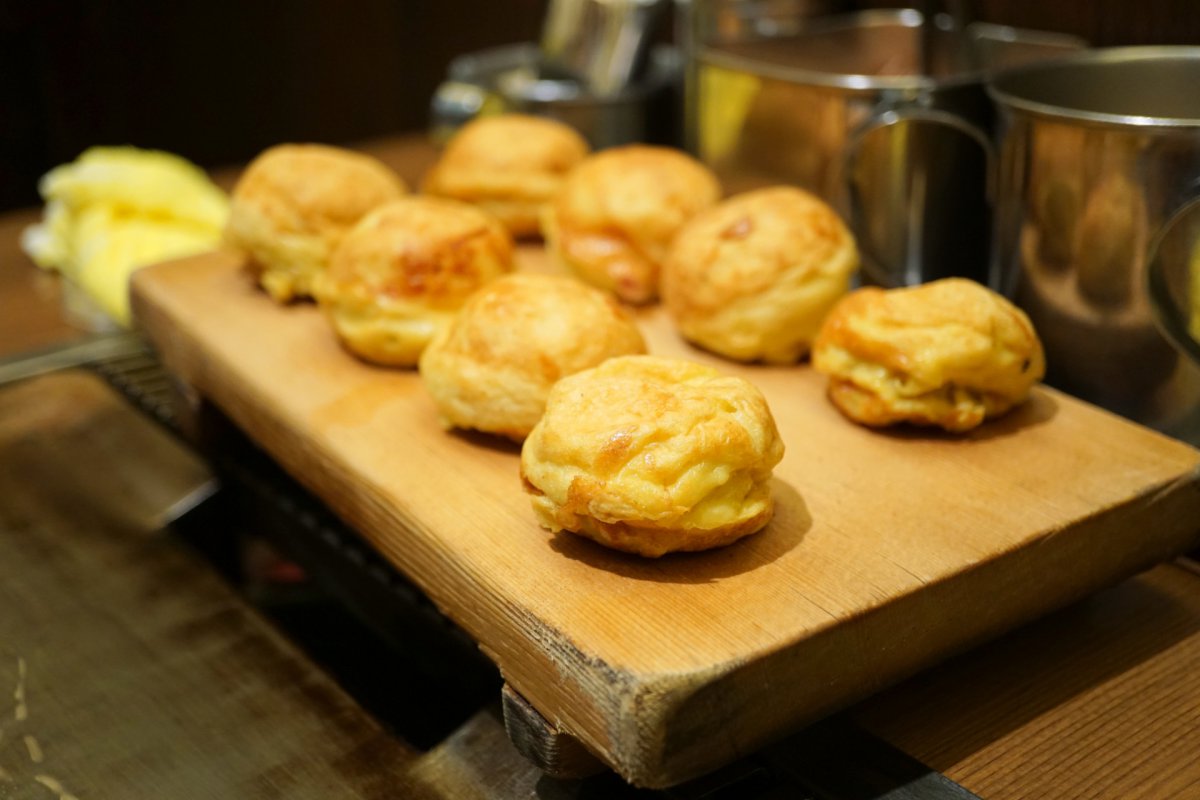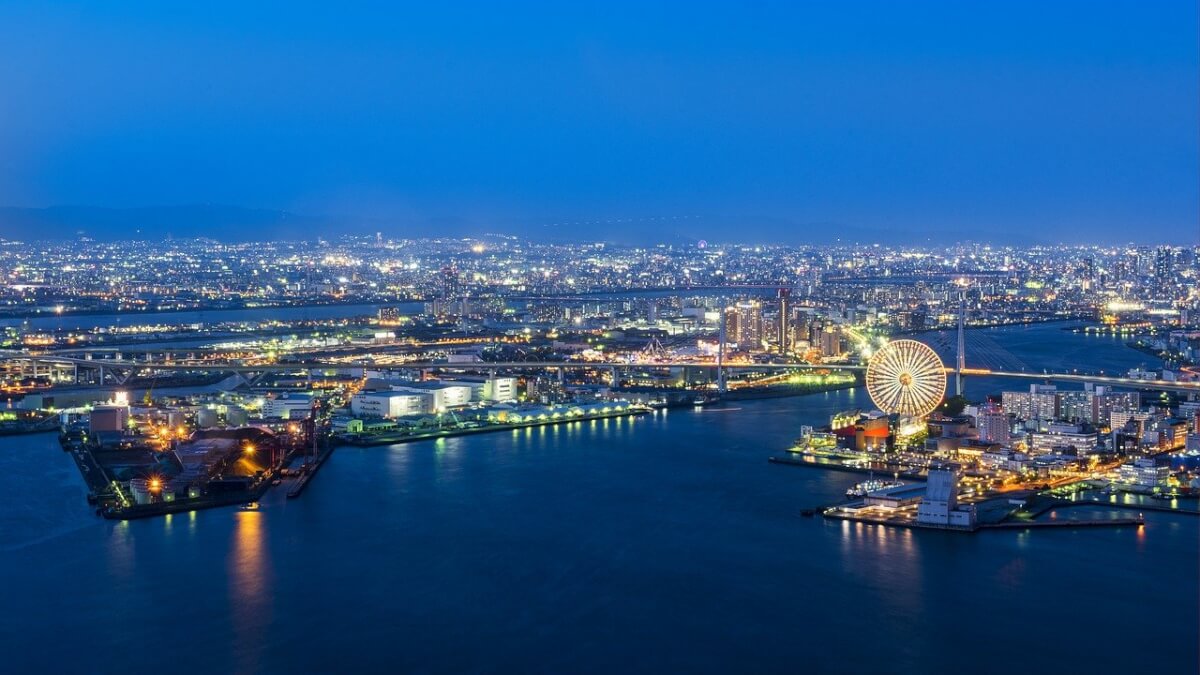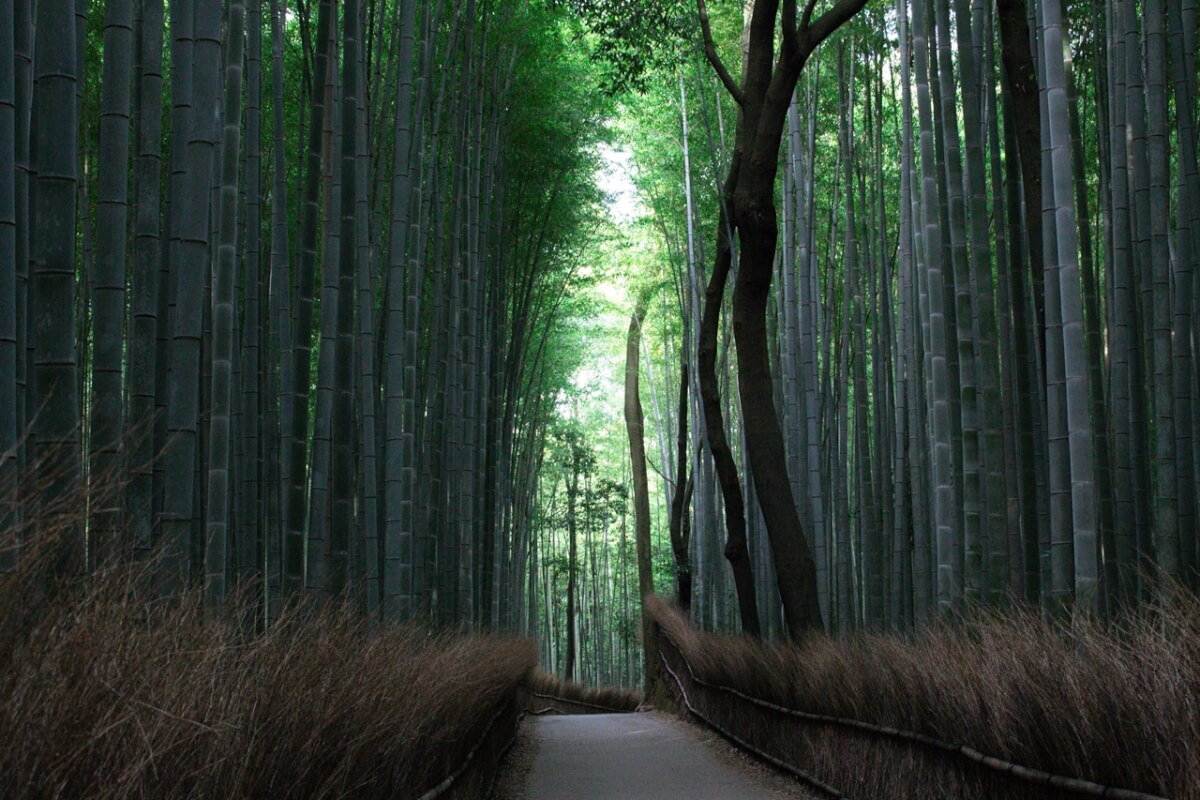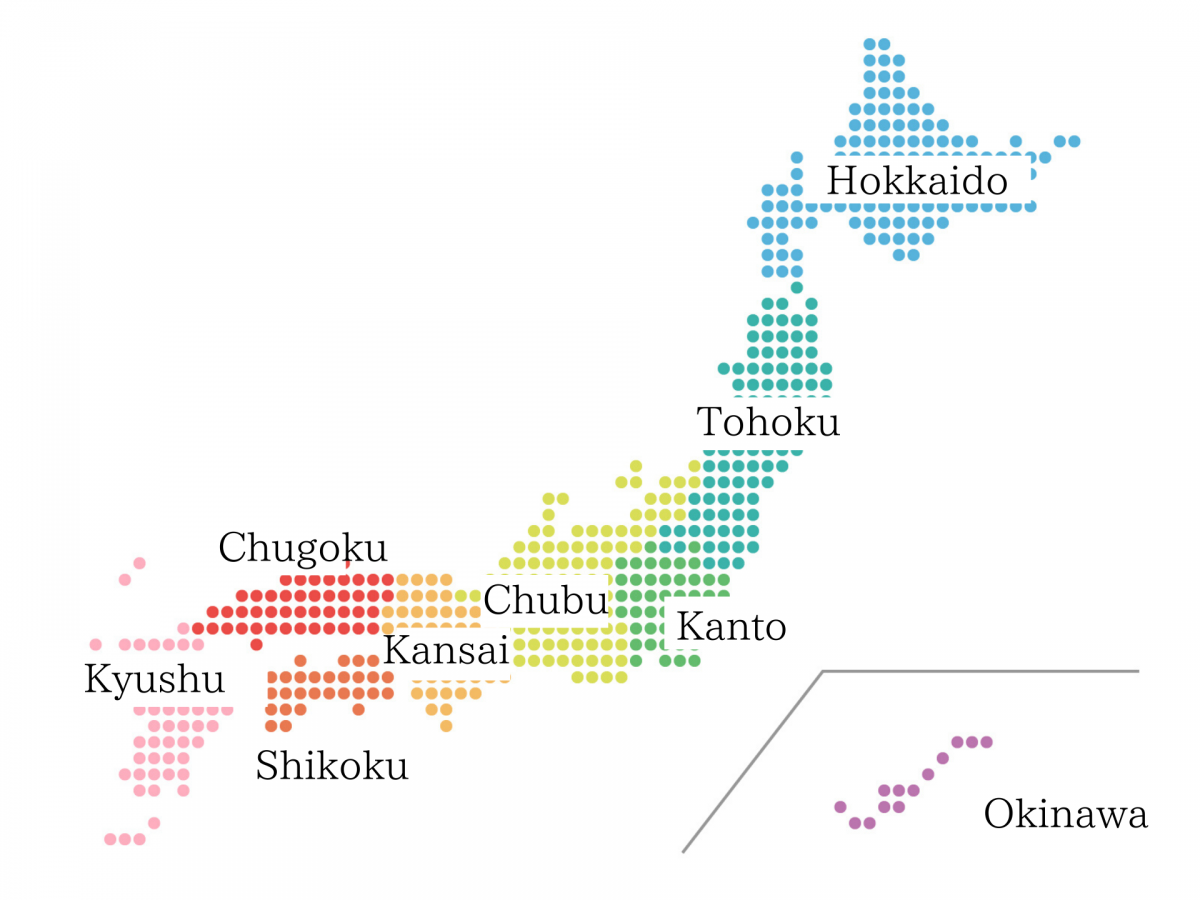
What Japanese food do you know? Sushi, ramen, perhaps tempura? But you know there are more foods you should try while you are in Japan, especially the foods you can only eat in Japan.
Japan can be divided into 8 regions and each region has specialty food. Trying some local specialties is the best way to be absorbed in the area’s culture and tradition. Here we introduce the list of what to eat in Japan from each region and our recommended places to eat. Hope it helps you find good local foods while you’re traveling around Japan!
Hokkaido
If you are in Hokkaido, seafood is the thing you must eat! Hokkaido is the largest source of seafood in Japan and you can enjoy fresh seafood like salmon, crabs, shrimps and so on every day.
Kaisen-don (Sushi bowl)
Try Kaisen-don Sushi bowl at the Fish Market in Sapporo, which is full of seasonal seafood on top of the rice just caught in the morning. If you want to try something different from your home, we recommend you to try a sea urchin bowl or Ikura salmon roe bowl! It might look weird at first, but it actually tastes better than you think!
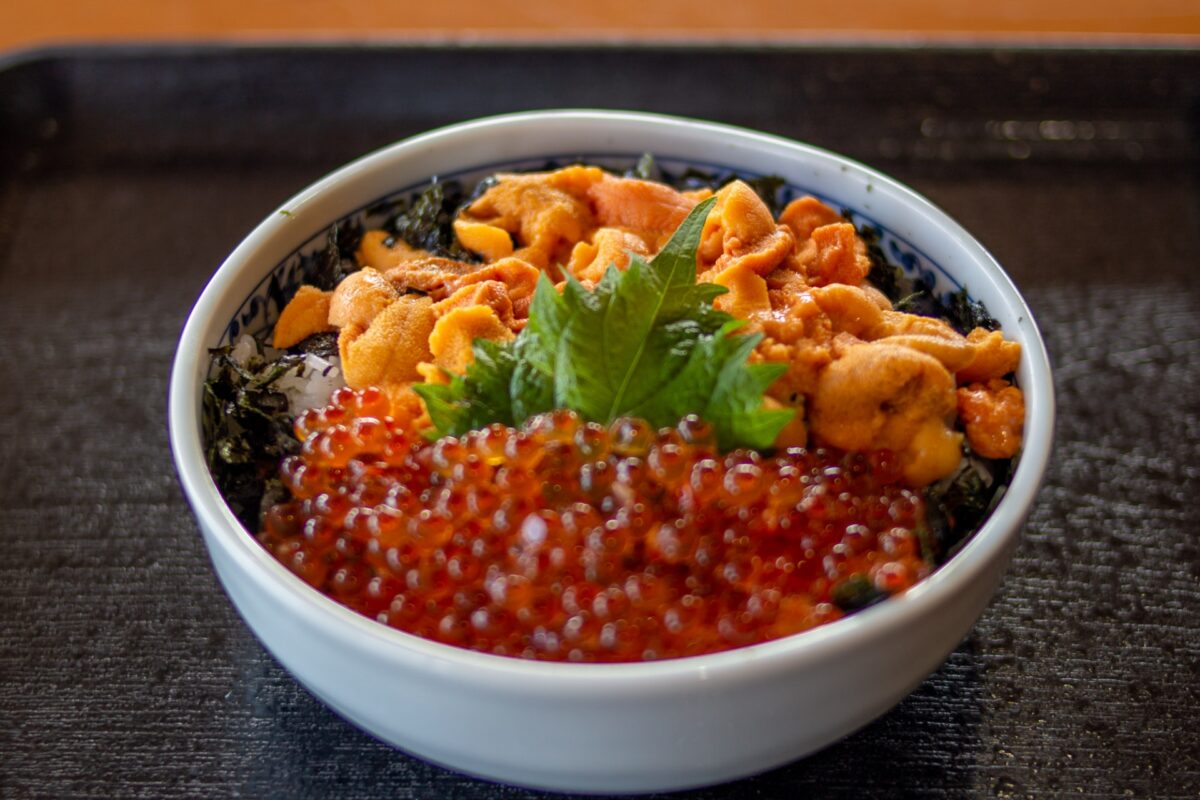
Where to eat: Kitano Gourmet Tei
Open 7am – 3pm every day
Ishikari nabe (Miso based hot pot with salmon and vegetables)
Ishikari nabe is a hot pot which cooks salmon and vegetables like cabbage, Japanese radish, onions etc. with the stock of miso and kelp. Sometimes butter or milk will be added to give it a thick taste. Ishikari City in Hokkaido is famous for their salmon catch in autumn and Ishikari nabe was originally a fishermen’s dish during the catch season, invented to enjoy every part of salmon they caught without wasting any.
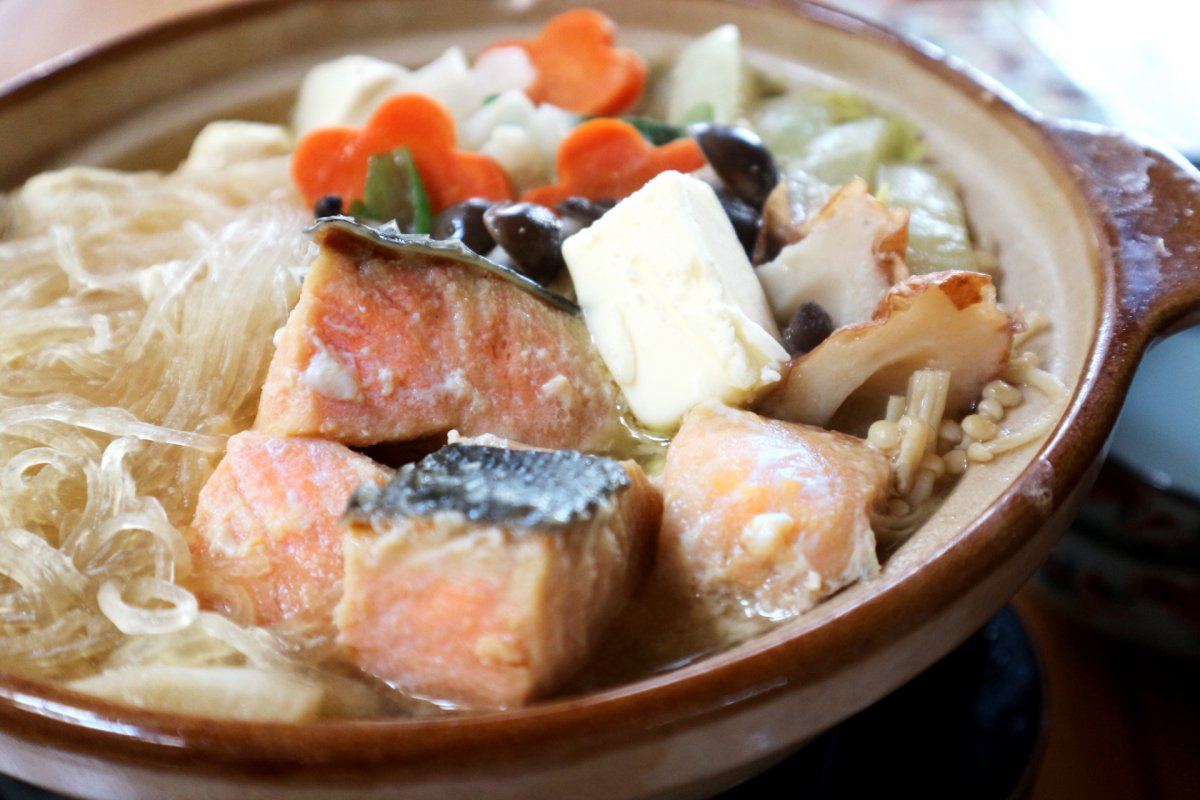
Where to eat: Nakamura
Open 5pm – 11pm
Closed on Sunday, National holidays, the day before national holidays
*Ishikari nabe is available during winter time
Genghis Khan (Japanese style mutton)
Genghis Khan is a Japanese style mutton barbecue cooked on a unique shaped pod with some vegetables. In Hokkaido, they cook with the sweetened sauce using apple and onion which takes away the strong smell of mutton. It’s one of the signature dishes eaten in Hokkaido today but it started from the Taisho period during the World WarⅠ in the plan to increase sheeps to make warm wool coats for armies. As time went by, imported wool took over the domestic supplies and big amounts of sheep were left out. To improve the situation, they started eating mutton and developed a unique way to eat them in order to make them taste better with effort. Gradually it gained its popularity and now it’s loved by not only locals but tourists.
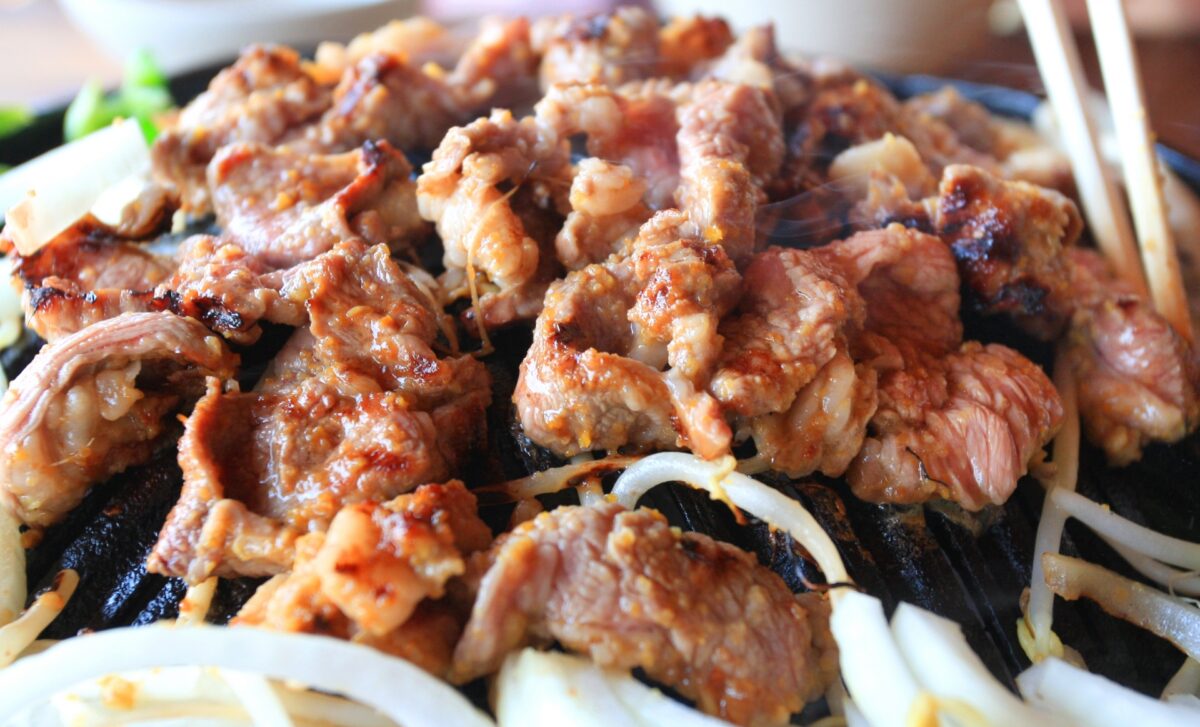
Where to eat: Daruma
Open 5pm – 3am
Miso ramen
If you ask Japanese people about what to eat in Hokkaido, many people would say miso ramen. Some of the popular miso ramen restaurants add corn and butter to the ramen and it tastes delicious! Hokkaido is well known for its high quality dairy products so try miso butter ramen when you are there.
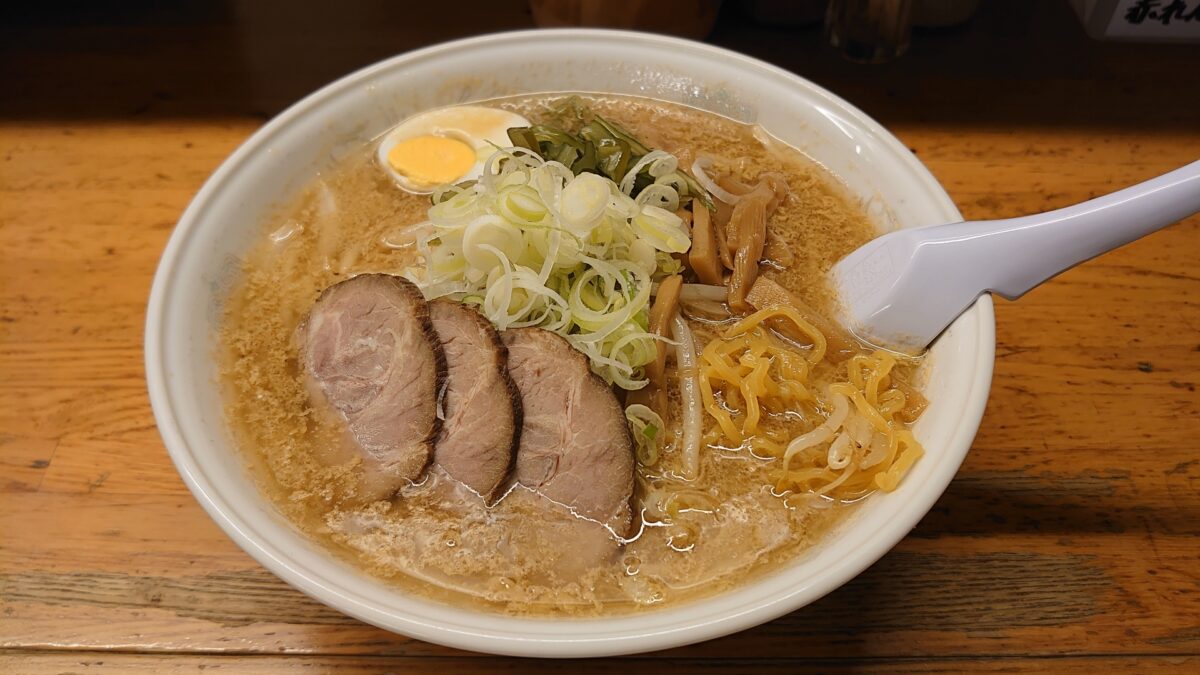
Where to eat: Shirakaba Sanso
Open 6pm – 2am (Tue-Thu)
6pm – 3am (Fri-Sat)
Tohoku Area
Morioka reimen/ Iwate
Originally, reimen comes from North Korea and was introduced to Morioka in the 1950s. Reimen noodle is made from wheat flour and starch which makes it chewy compared with udon or ramen. This beef based cold soup with spicy kimchi on top is a great combination especially for a hot summer in Japan.
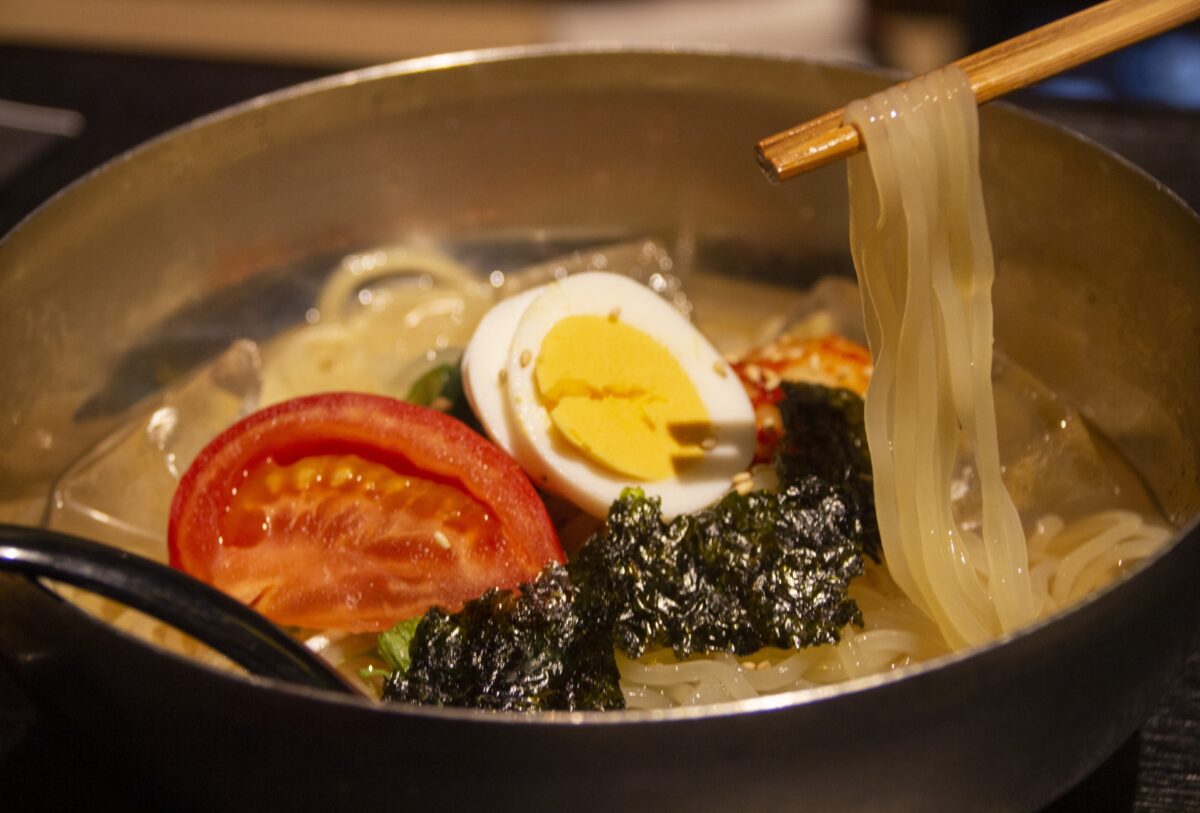
Where to eat: Pyon Pyon Sha
Open 11am – 12pm every day
Kiritampo nabe/ Akita
This is Akita style hot pot with mashed cooked rice called kiritampo, often the soup is made from chicken and soy sauce. It is a popular dish during the winter and this will warm you up well in the cold weather in Akita.
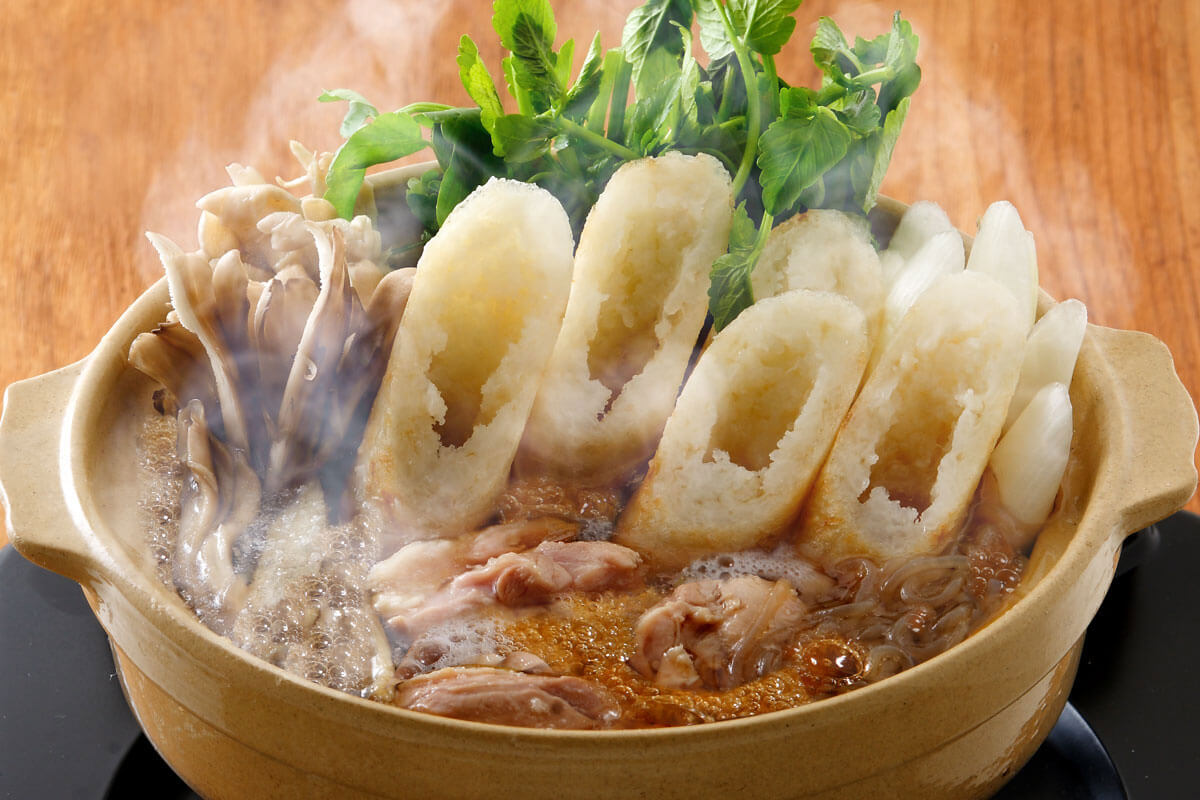
Where to eat: Akita Kiritampo Ya
Open 4pm – 1am (Monday-Saturday) , 11.30am -1am (Sunday)
Beef tongue/ Miyagi
Sendai is the birthplace of beef tongue cuisine, it started from one small restaurant after the war. Some might think beef tongue is disgusting, but give it a try at least once. With a simple taste and less fat, you’ll see why it’s so popular in Japan. You should try some beef tongues cooked over the charcoal and seasoned with salt once you visit Miyagi.
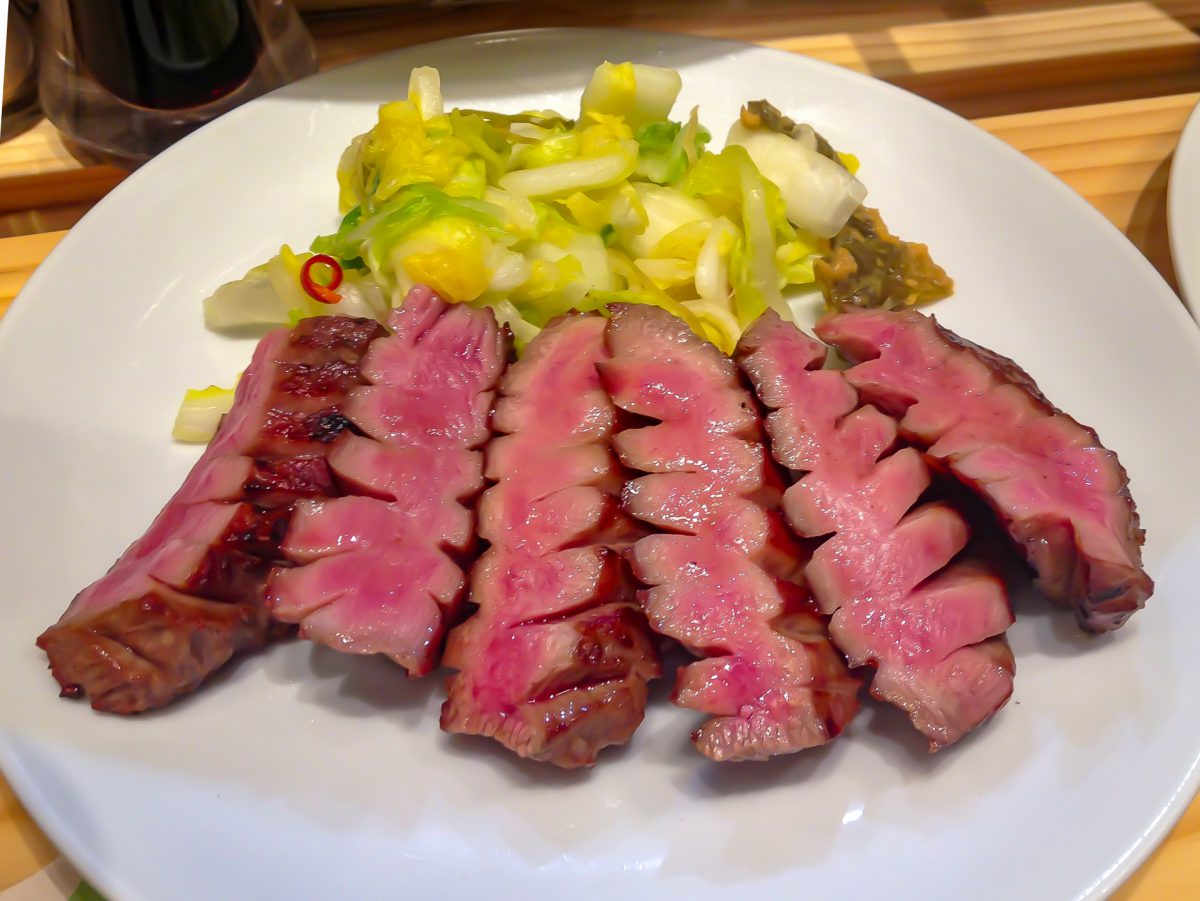
Where to eat: Aji Tasuke
Open 11.30 am – 9pm
Closed on Tuesdays
Wanko soba/ Iwate
Wanko soba will be quite an experience for you. It is originally from Iwate prefecture and it is a constant-serving style soba served with small bowls. Once you finish a bowl of soba, servers will fill out your bowl instantly with encouraging chants. It is fun to count how many bowls you finished in the end, the average is 60-80 bowls for men and 30-60 bowls for women. Top record is over 500 bowls of soba at the competition! How many do you think you can finish?
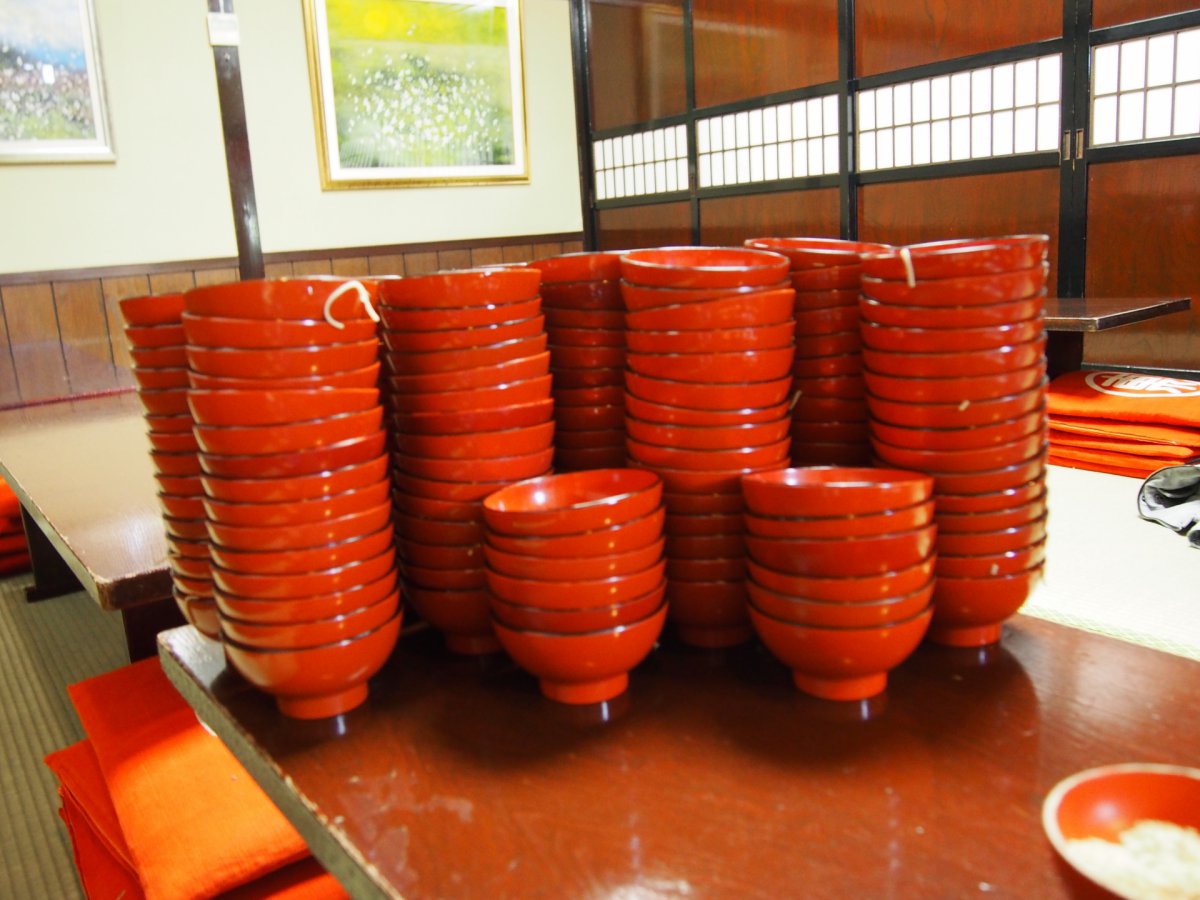
Where to eat: Azumaya
Open 11am – 3pm, 5pm – 8pm every day
Kanto Area
Monja/ Tokyo
Monja or Monjayaki, Japanese style pan fried batter, is the most popular local food in Tokyo. It looks strange at first but the taste is good and you can enjoy the process of making it as well. It’s often compared with Okonomiyaki in the Kansai region but Monja is more runny and looks like melted cheese. The Tsukishima area in Tokyo is a famous spot for monja and there’s Monja Street where there are over 80 restaurants specialized for monja lined up.
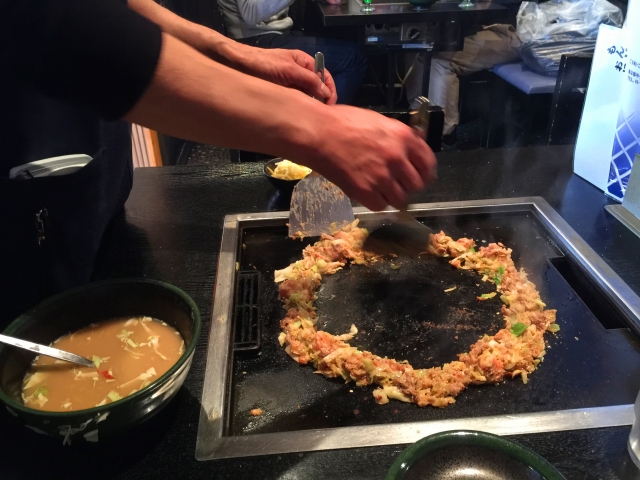
Where to eat: Monja Kura
Open 11am – 11pm every day except New Years
Gyoza/ Tochigi
Utsunomiya in Tochigi is the best place to try Japanese fried Gyoza dumplings.
There are so many Gyoza restaurants around the area and some of them serve only gyoza and there’s nothing else on the menu. We recommend you to stop by a couple of different restaurants and try several different tastes and shapes of dumplings. Gyoza Dori is a street which is the best spot to try out some different types of gyoza. There are 5 restaurants from traditional to new ones, some of them are so popular that there is always a long line to get in the restaurant. Utsunomiya Kirasse is also a good place to start. It’s a food court where popular gyoza restaurants gather in one place. It also allows you to have small plates so that you can try as many different gyoza as you crave for!
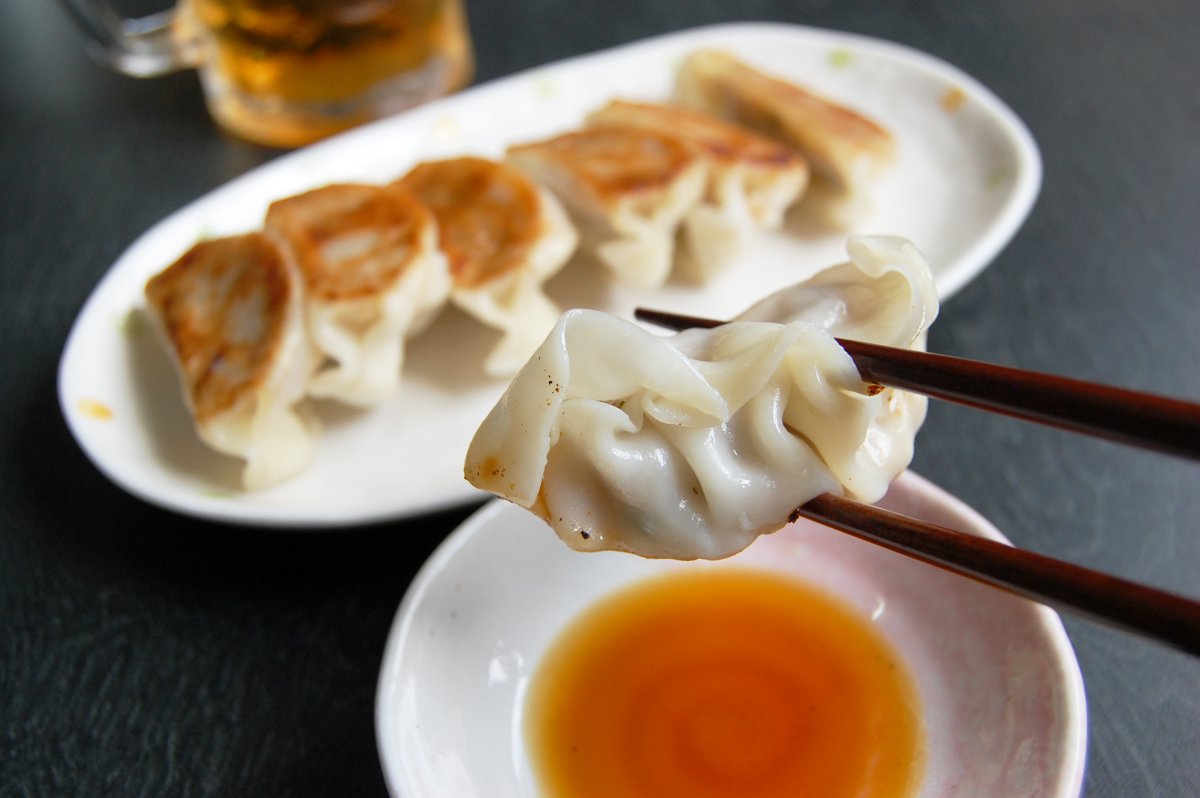
Where to eat: Utsunomiya Kirasse
Open 11am – 9.30pm (weekdays), 11am – 9pm (weekends & holidays)
Fukagawa meshi/ Tokyo
Fukagawa meshi is seasoned rice cooked with clams and it is known as Tokyo‘s local food. During the Edo period (1603-1868), the Fukagawa area in Tokyo used to have wide spreading mudflats and people could catch many clams and shellfishes, and fukagawa meshi was a kind of food that fishermen ate daily. During the Showa period, Tokyo started to build new lands and fishermen died out from the area, so did fukagawa meshi. But there are some places which preserved the old Tokyo’s tradition. Kiyosumi Shirakawa is the best area where you can find traditional restaurants serving fukagawa meshi today.
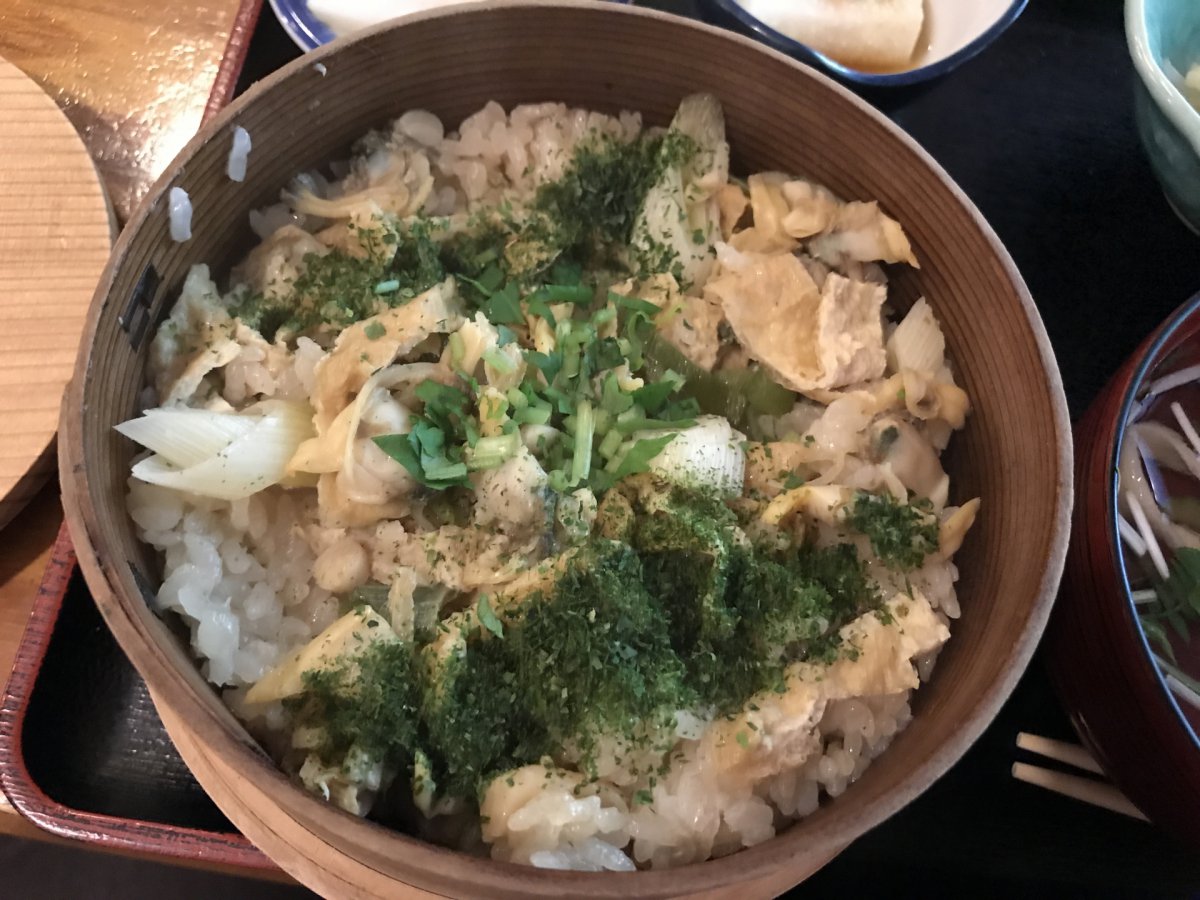
Where to eat: Fukagawajuku
Open 11.30am – 3pm, 5pm – 9pm (weekdays), 11.30 – 5pm (weekends & holidays)
Chubu Area
Hoto/ Yamanashi
Hoto is miso-based soup with thick flat noodles, often cooked with some vegetables such as pumpkins, carrots and green onions originated in Yamanashi. The noodle is similar to udon but prepared differently. It is prepared more like dumplings which makes it soaked in the soup and mixed very well with other ingredients. It’s also a perfect meal for the cold winter season.
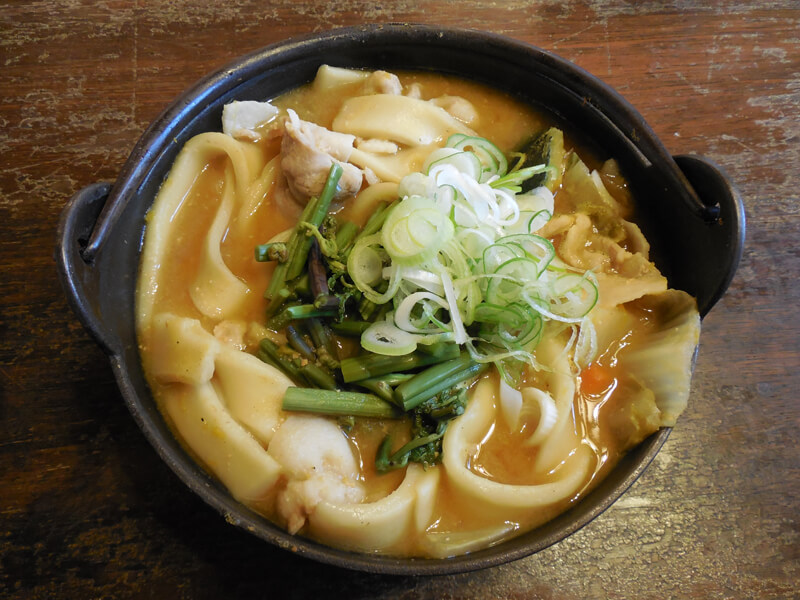
Where to eat: Hoto Fuji no Chaya
Open 11.30am – 8pm
Closed 2nd Tuesdays & every Wednesday
Tare katsu/ Niigata
One of the most popular Japanese foods among the travelers would be Katsudon (Rice bowl with pork cutlet). But in Niigata, they serve it differently. Tarekatsu is seasoned by special sauce based on soy sauce instead of the outhodox style with egg. It is simple yet delicious, we recommend you to try this in Niigata!
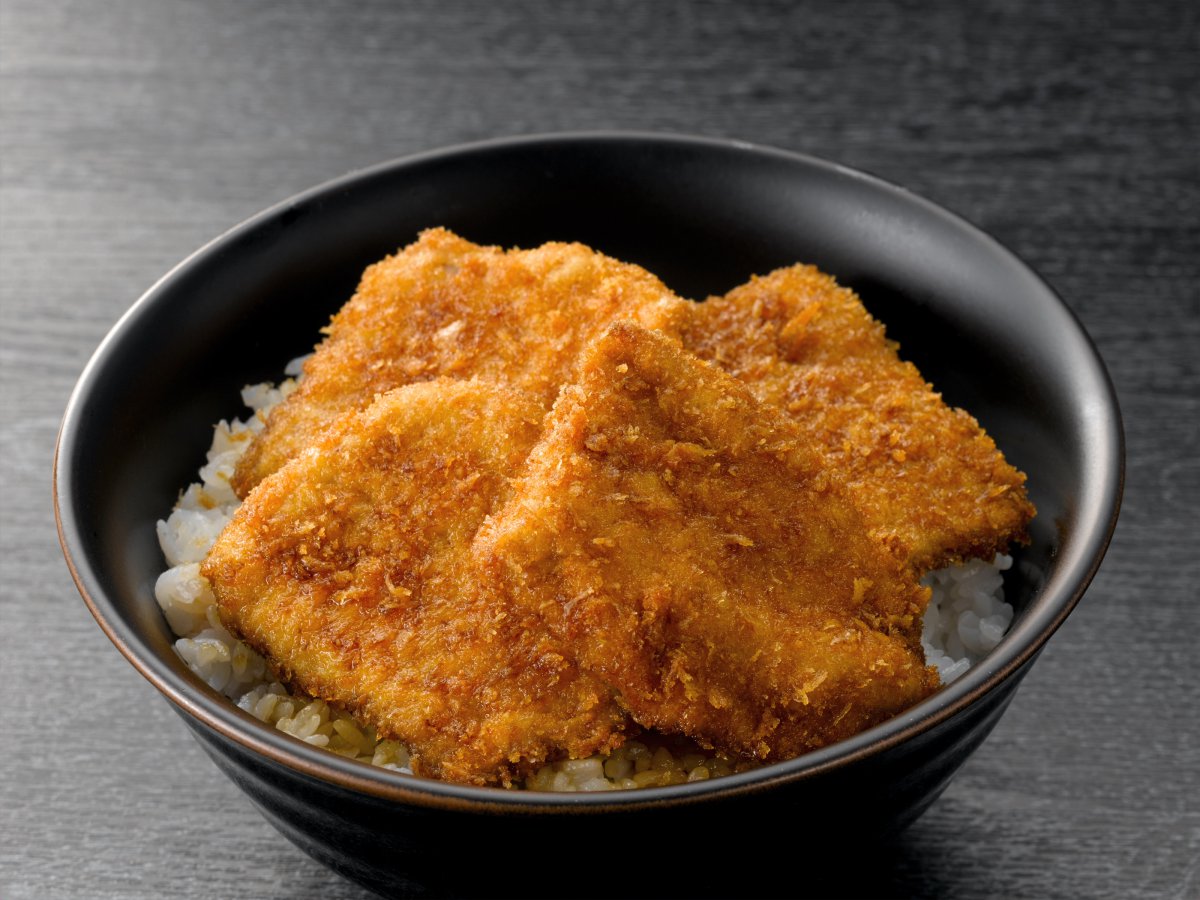
Where to eat: Tonkatsu Taro
Open 11.30am 2.30pm, 5pm – 8pm
Closed 3rd Wednesdays & Thursdays
Hitsumabushi/ Aichi
Hitsumabushi is a rice bowl with grilled eel on top which is a signature dish in Aichi prefecture. There are three ways to enjoy it in one serve.
1. Eat as it is
2. Add wasabi and some spices on
3. Add dashi soup in the end to complete the meal!
You can change the taste by doing so and you will never get tired of it.
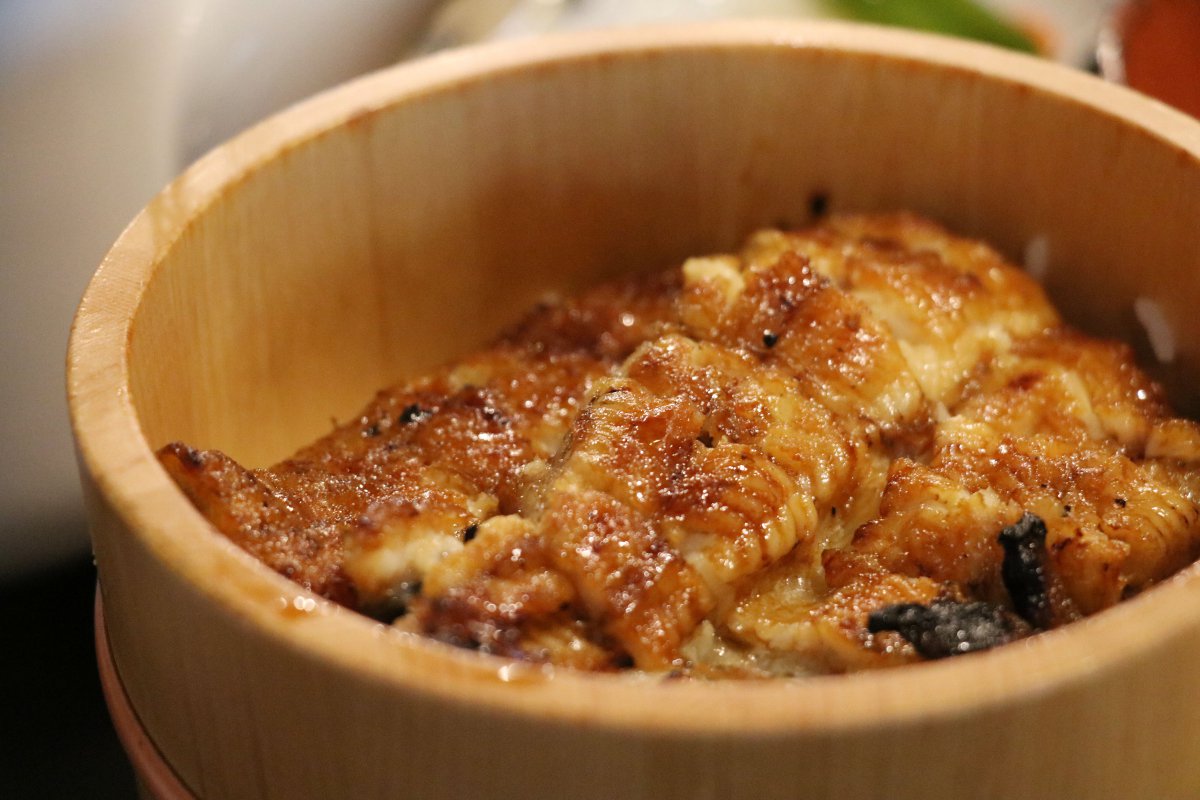
Where to eat : Atsuta Hourai Ken
Open 11.30 – 2pm, 4.30pm – 8.30pm
Closed on Wednesdays & second and fourth Thursday of the month
Kansai Area
Takoyaki/ Osaka & Akashiyaki/ Hyogo
Osaka is known as Kuidaore town which means “eat until you drop”. Many people might know Takoyaki already, which is a ball shaped Japanese light meal made of flour based batter containing pieces of octopus. On the other hand, Akashiyaki which originated from Hyogo is made from egg batter containing octopus and dip in dashi before you eat them. It will be fun to compare the difference of the taste in both prefectures!
Where to eat: Takoyaki Wanaka
Open 10am – 11pm (weekday), 8.30 – 11pm (weekends & public holidays)
Where to eat: Yoshikawa
Open 10am – 6pm (weekdays), 10am – 7pm (weekend & public holidays)
Close Thursdays
Okonomiyaki/ Osaka
Okonomiyaki is often described as a Japanese savory pancake containing various ingredients such as pork, cabbage or sometimes seafoods in wheat flour based batter. You can make it by yourself at the restaurant or the staff will make it for you right in front of you!
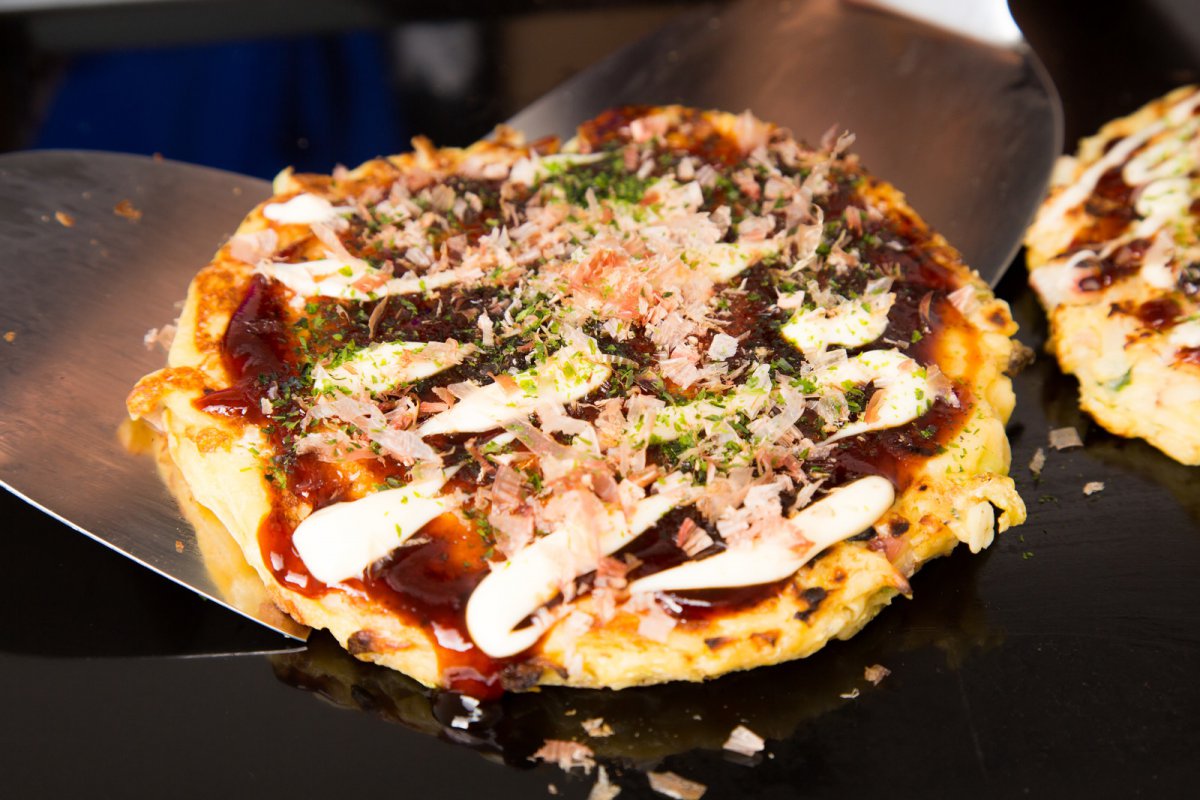
Where to eat: Okonomiyaki Kiji
Open 11.30am – 9.30pm
Closed on Sundays
Kobe Beef/ Hyogo
Kobe beef is one of the best quality wagyu beef which is from Tajima island in Hyogo and raised strictly according to the rules. Kobe beef is known as the most expensive beef in the world but there are affordable options too. Enjoy their flavor and tenderness which will melt in your month instantly!
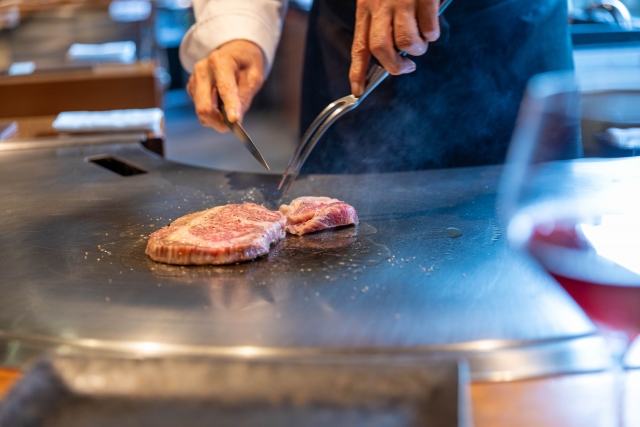
Where to eat : Mouriya
Open 11am – 10pm every day
Obanzai/ Kyoto
Obanzai is a Kyoto style home cooking which consists of some small plates using local and seasonal ingredients. The taste is quite simple but prepared elaborately. If you want to taste Kyoto to the fullest, this is your must-try.
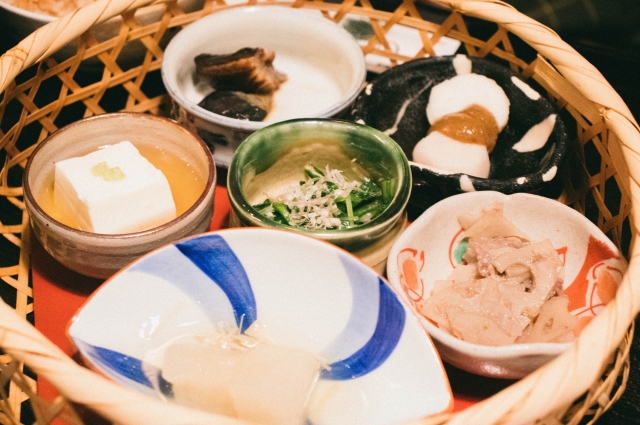
Where to eat: Osen
Open 5pm – 11pm every day
Chugoku Area
Crab/ Tottori
Tottori prefecture is known for their desert land but it is facing the ocean and has the largest catch of crabs in Japan. Snow crab called Matsuba Crab caught in Sakaiminato City is considered the best with its elegant flavor. You can eat them only during the winter time, so don’t miss the chance if you are in the area around the right time!

Where to eat: Kaniyoshi (Michelin 2 stars restaurant)
Open 5pm – 10pm every day
Oyster/ Hiroshima
Hiroshima boasts the largest production of oysters and it is oyster paradise!
You can get grilled oysters or raw oysters on the street stalls or you can dine in at the restaurant and enjoy flavorful oysters to your heart’s content.
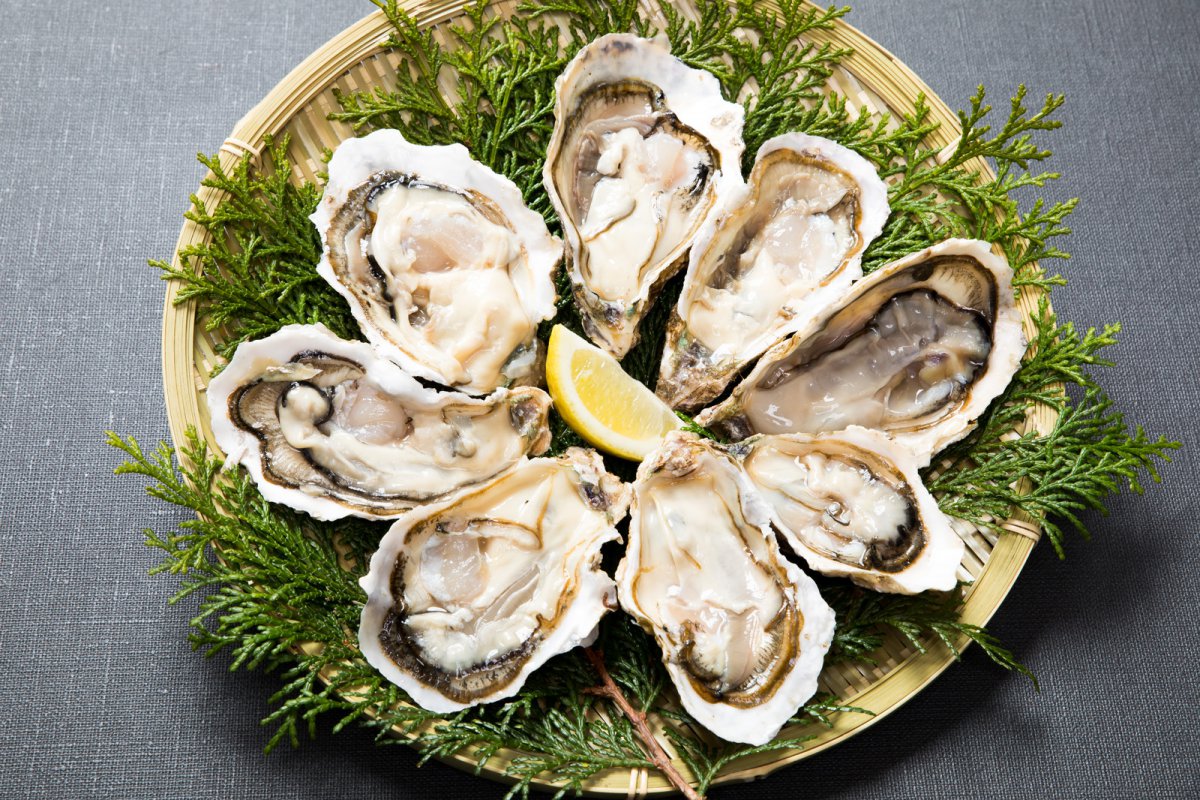
Where to eat: Ekohiiki
Open 11.30am – 2pm, 5pm – 11pm
Closed on Mondays
Demi-glace sauce katsudon/ Okayama
Demi-glace sauce katsudon or demikatsudon is a rice bowl with pork cutlet and demi-glace sauce (brown sauce) on top. This mixture of western and Japanese style of cuisine originated in Okayama prefecture. Each restaurant has a different recipe to make demi-glace sauce so if you like it, it is fun to compare with other restaurants and find your best!
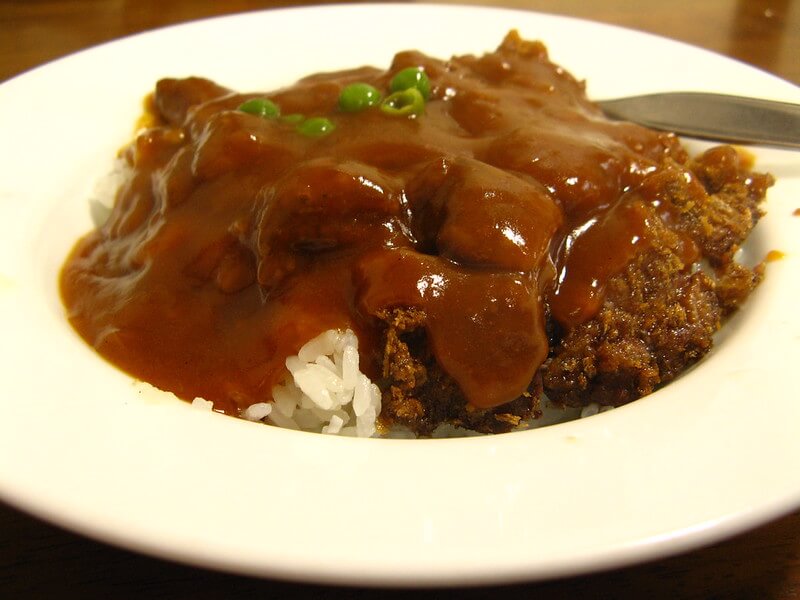
Where to eat: Ajitsukasa Nomura
Open 11am – 2.30pm, 5.30pm – 9pm
Closed on Mondays
Shikoku Area
Udon/ Kagawa
Kagawa is called “Udon prefecture” in Japan. Many people travel all the way to Kagawa just to eat udon. Fan fact is, you can even get udon broth from the tap at Takamatsu airport! We recommend you to try some different udon when you are in Kagawa and taste the pride of udon prefecture.
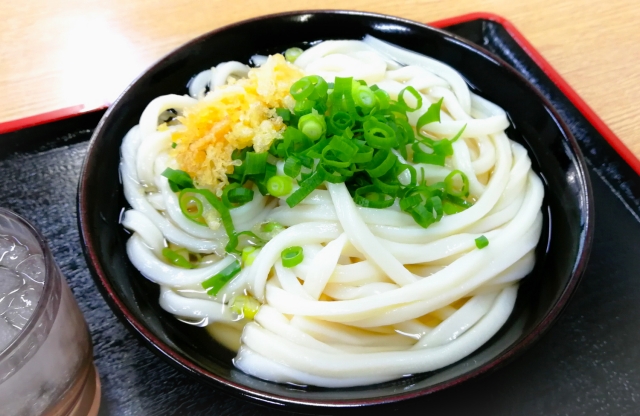
Where to eat: Waraya
Open 10am – 7pm (weekdays in May-November), 10am – 6.30pm (weekdays December-April), 9am – 7pm (weekends)
Iya soba/ Tokushima
Iya soba is a short and thick soba which is known as local food in the hidden place Iya in Tokushima. Iya is surrounded by the mountains where you can find the old traditional houses built over 300 years ago. If you like unexplored areas and nature, this is a good place to visit.
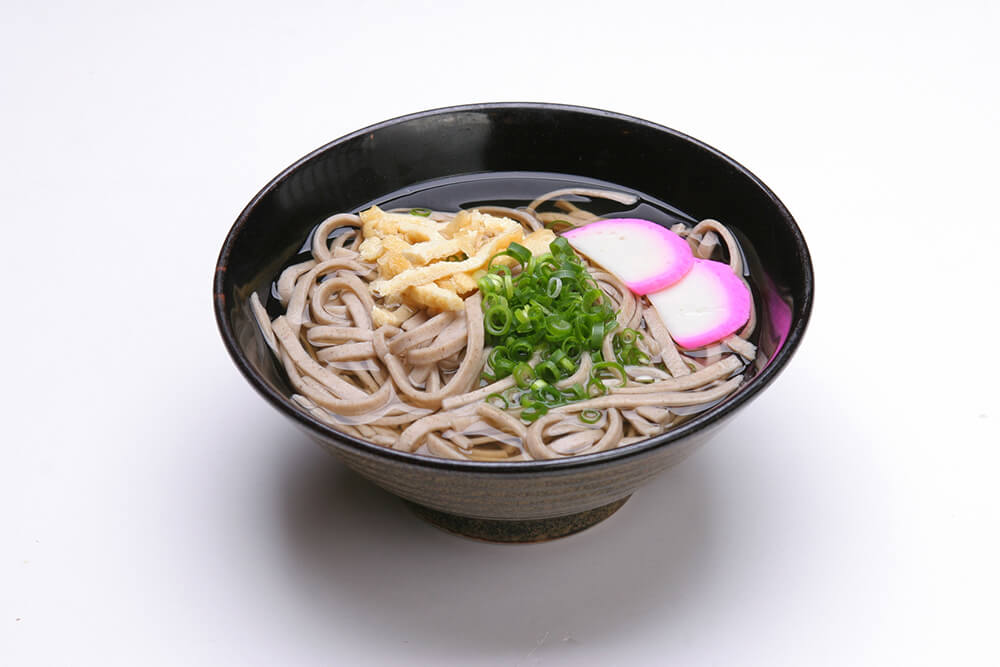
Where to eat: Momiji-tei
Open 11am – 5pm
Closed on Wednesday
Taimeshi/ Ehime
Ehime has the largest catch of red snappers in Japan. Taimeshi is a rice bowl with red snapper but in Ehime, there are two different types: Matsuyama style and Uwajima style. Matsuyama style is a cooked rice mixed with grilled red snappers seasoning with dashi but on the other hand, Uwajima style uses raw red snappers and eaten with egg and soy based sauce on top of the rice.
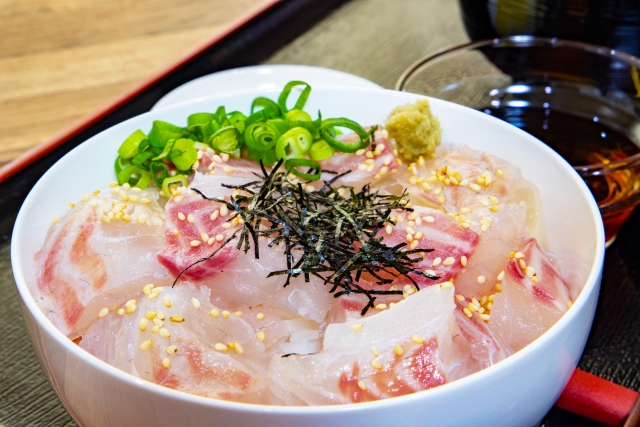
Where to eat: Goshiki
Open 11am – 3pm, 5pm – 11pm every day
Kyushu Area
Sasebo burger/ Nagasaki
Sasebo burger is a popular local food in Sasebo City in Nagasaki. There is no specific definition of Sasebo burger as long as it follows the rules that goes; the burgers are made in Sasebo, hand-made and made after the order. In fact, each shop has original and unique hand-made Sasebo burgers that are very different from each other. Try different Sasebo burgers during your stay!
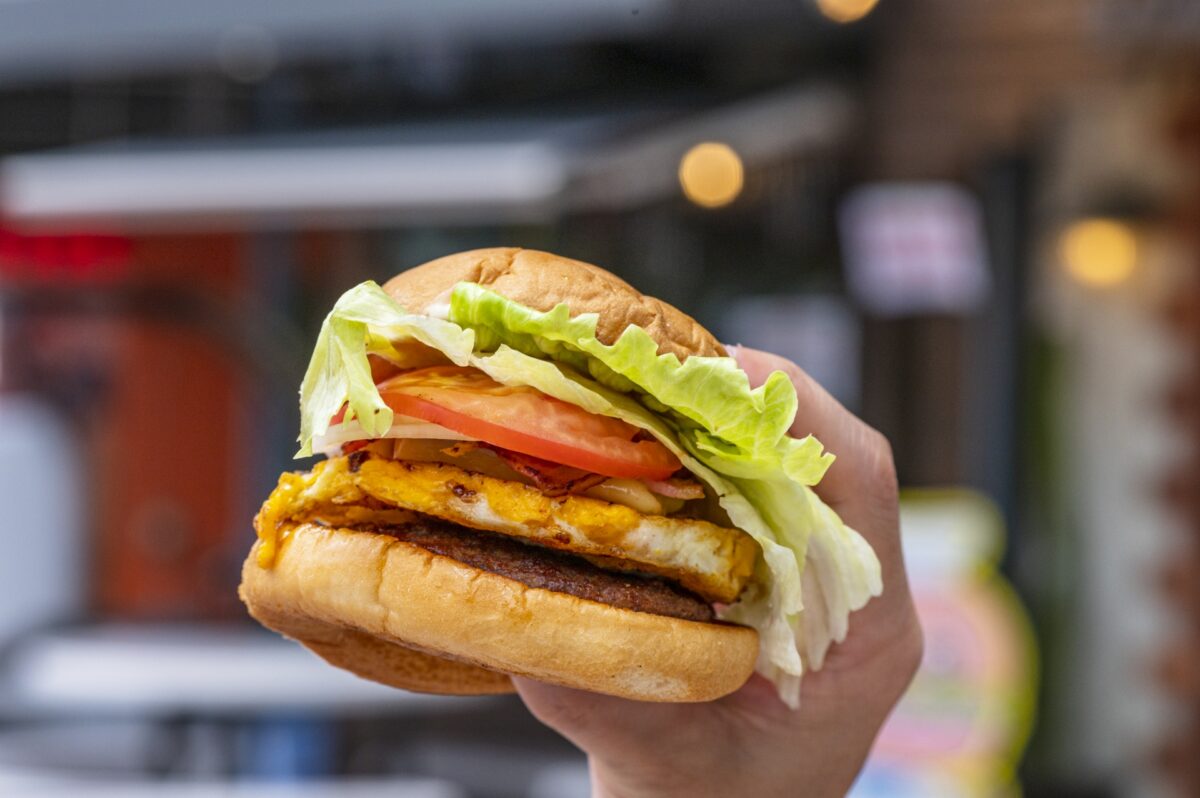
Where to eat: LOG KIT Sasebo
Open 10am – 9pm (weekdays), 10am – 8pm (weekends)
Shishirian rice/ Saga
Popular local specialty in Saga, also being loved as a home cooking meal, Shishirian Rice is a meal consisting of flavored beef with tomatoes and lettuce on top of rice. You can try Shishirian rice at about 40 restaurants in Saga city.
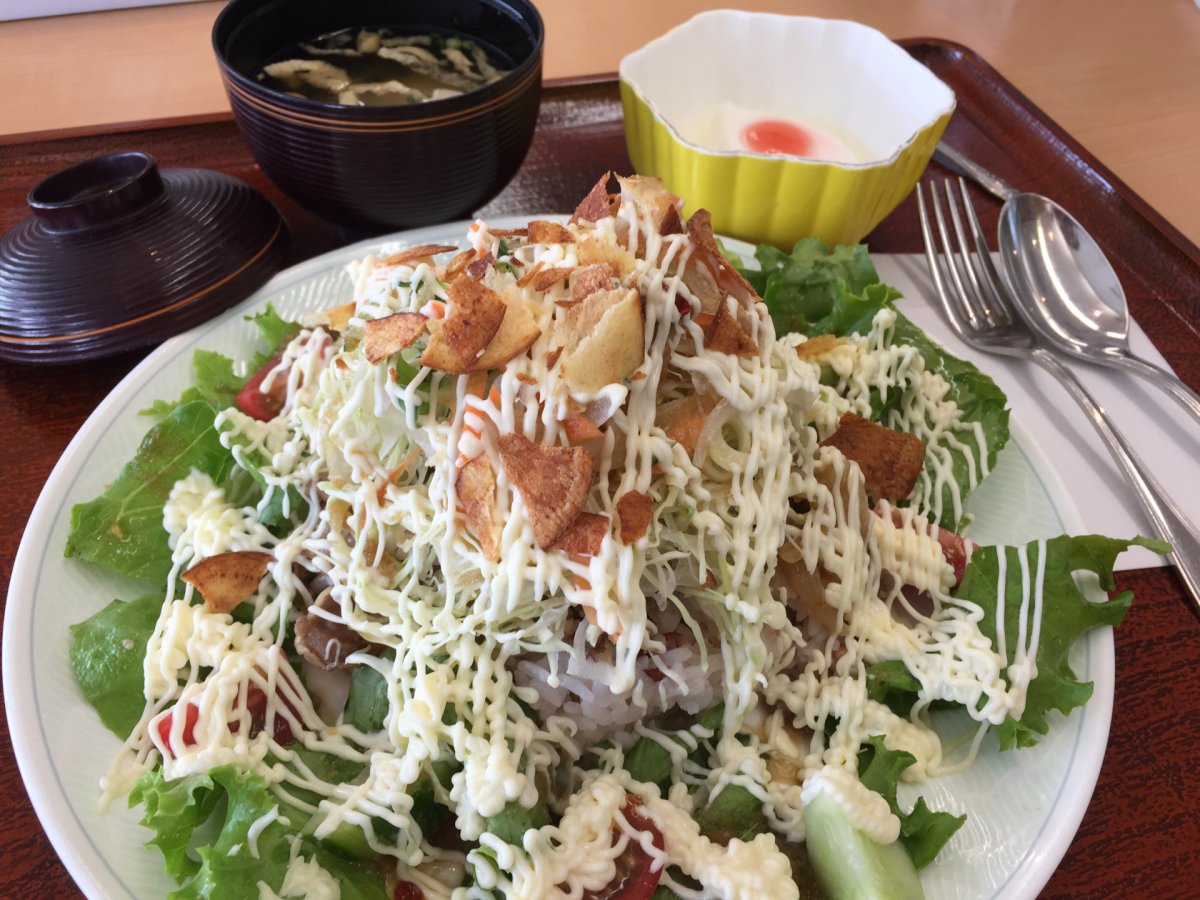
Where to eat: Cafe Ariyume
Open 8am – 5pm (weekdays), 8.30am – 5pm (Saturdays)
Closed on Sundays and public holidays
Champon/ Nagasaki
Champon noodle is thick noodles with some ingredients such as vegetables, seafood and fish cake called kamaboko. It is widely available all over Japan today since the champon chain restaurants are spread throughout Japan. But if you are in Nagasaki, try the authentic one at the home of champion!
Where to eat: Shikairo
Open 11.30am – 3pm, 5pm – 9pm
Tonkotsu ramen/ Fukuoka
Tonkotsu ramen, a creamy rich soup made of pork bones, is now one of the most popular ramen in Japan but it is originally from Fukuoka. If you visit Fukuoka, tonkotsu ramen as known as Hakata ramen is a must-try!
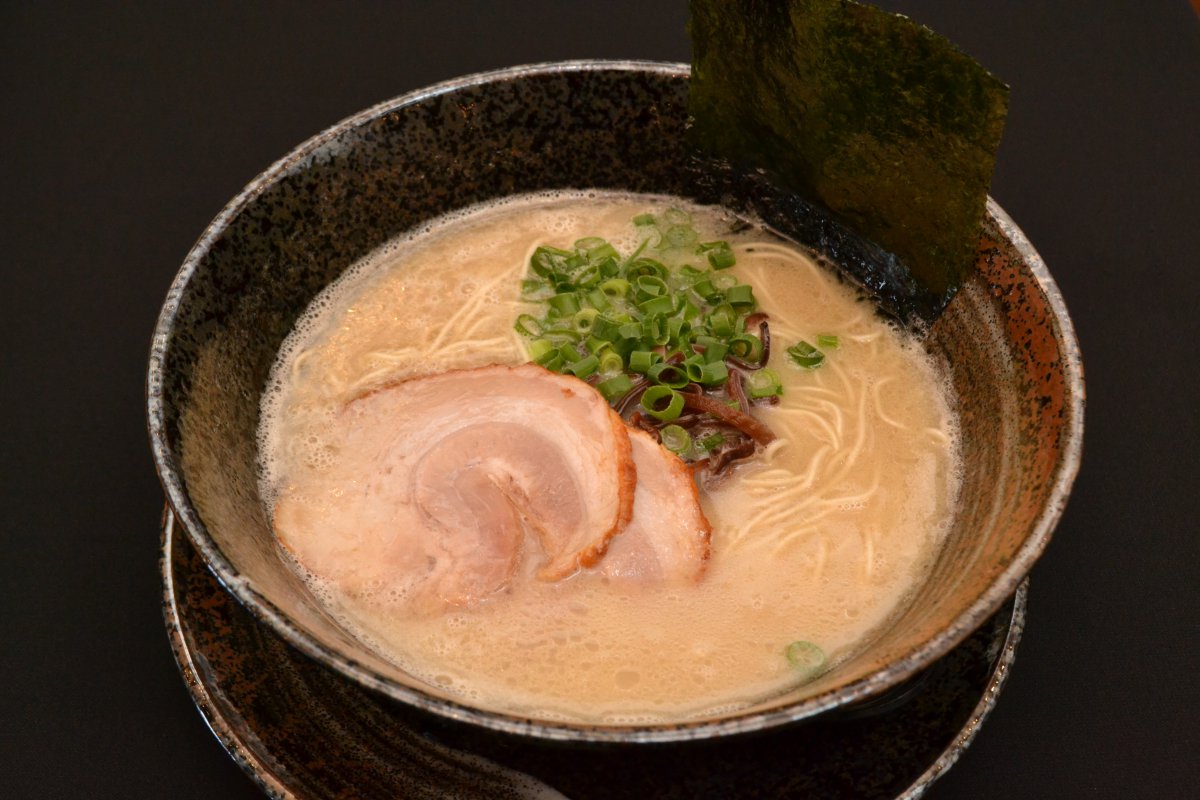
Where to eat: Ikkousha
Open 11am – 12pm (Monday-Saturday), 11am – 9pm (Sunday)
Our recommended tours for all the foodies
If you are a foodie and interested in Japanese food, we recommend you to take our Food and Drink Tours! You can choose from Fish Market tours, Sushi Making Tours, Bar Hopping Tours etc.
Check out our wonderful tours with knowledgeable local guides.
Follow us on Instagram or Facebook for more travel inspiration. Or tag us to get featured!
Happy traveling!
Other blogs you may like
This post may contain some affiliate links. When you click through and make a purchase we may receive some commission, at no extra costs to you.
